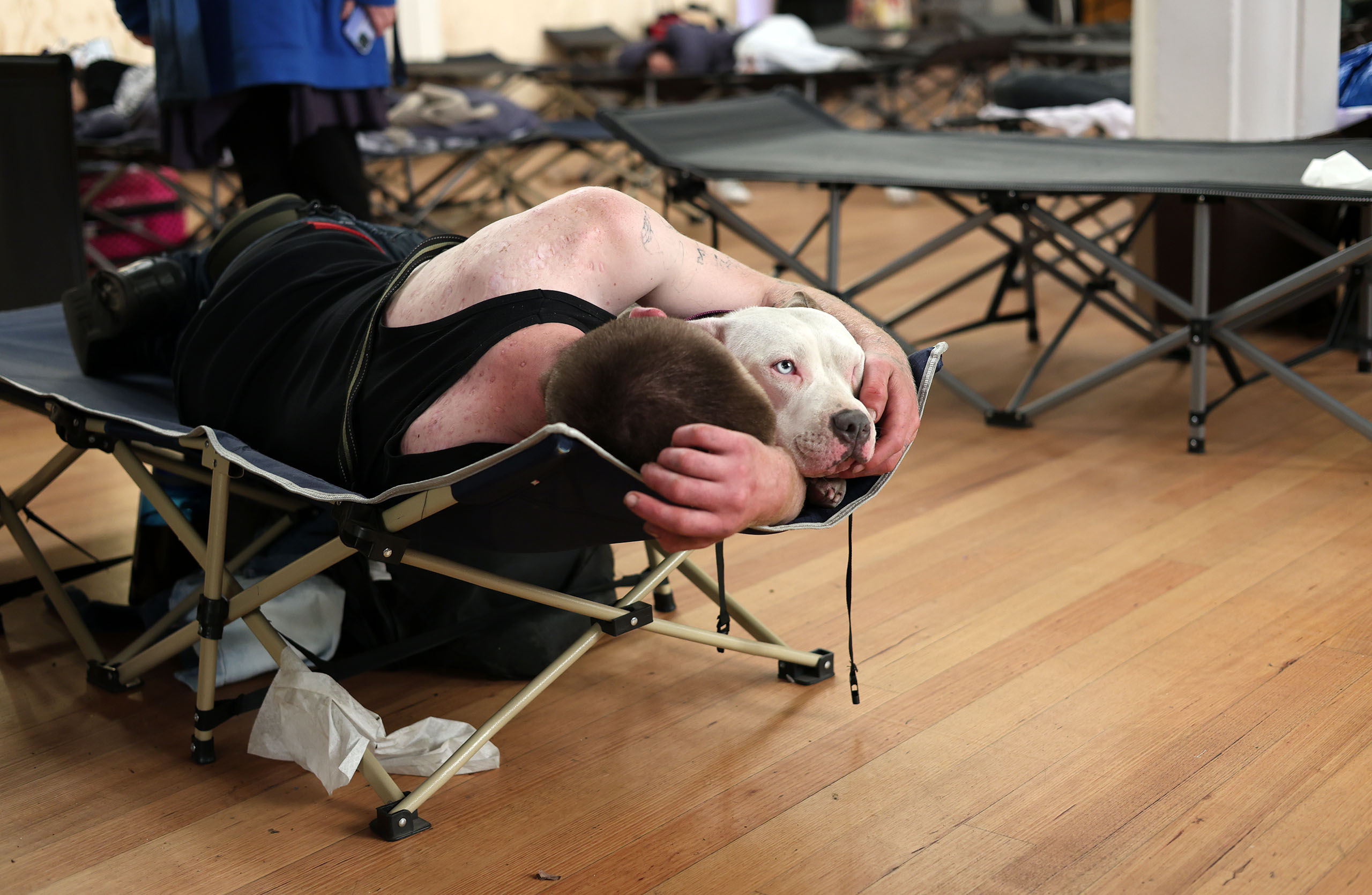
"Saying no, Angel's attorney said after his hearing, was in part an act of "petty empowerment." In custody for over four months, the teenager was told what to eat, when to wake up, and where to go. "He wanted something to control.""
"This reflects what San Francisco doctors, judges, attorneys, social workers, drug users, and former addicts have seen: People struggling with substance use often reject treatment the first time it's offered."
"Angel is not alone. A 2019 national survey on tobacco, alcohol and drug use found that approximately 95 percent of people who meet the criteria for a substance use disorder neither seek nor want treatment."
"Instead of going to treatment, the 19-year-old wanted to proceed with a criminal trial. No matter that he could get two years in prison and then be deported."
Angel, a 19-year-old with a challenging past, attended drug court in San Francisco facing fentanyl possession charges. Having left Central America at 14, he struggled with distrust and a desire for control. Although his attorney suggested he accept a treatment program, Angel opted for a criminal trial fearing imprisonment and deportation. This reflects a broader trend, as many individuals with substance use disorders often reject treatment initially due to various reasons, including a lack of faith in interventions and a desire for autonomy. Ultimately, with persuasion, Angel decided to pursue treatment.
Read at Mission Local
Unable to calculate read time
Collection
[
|
...
]